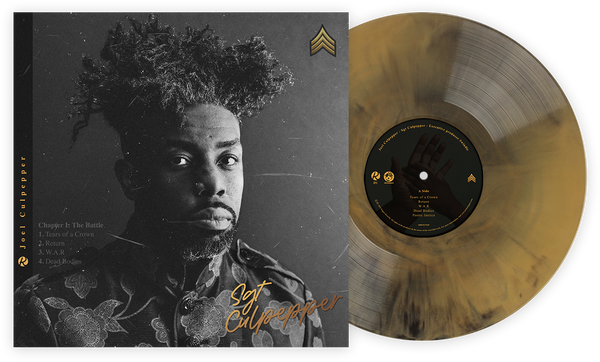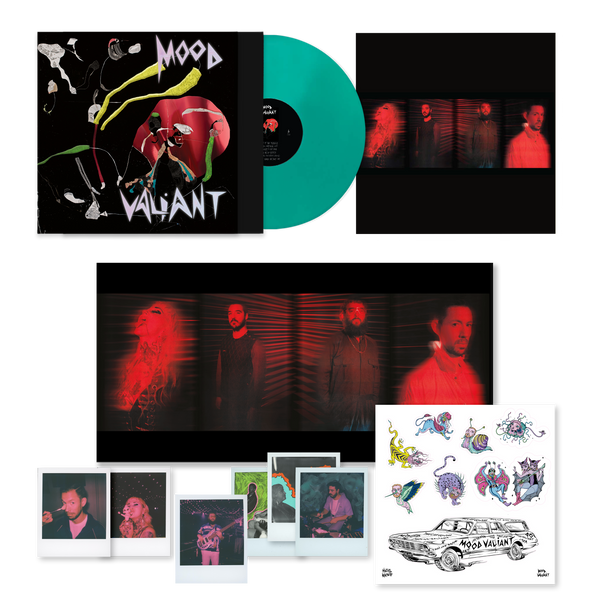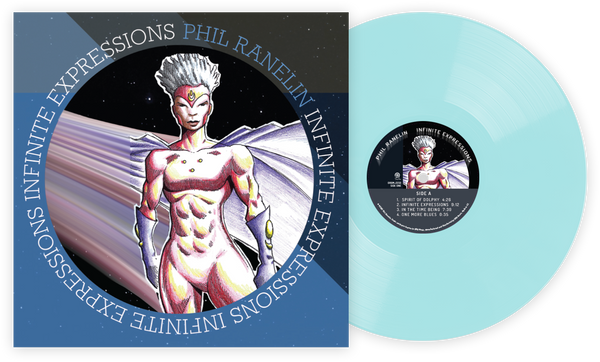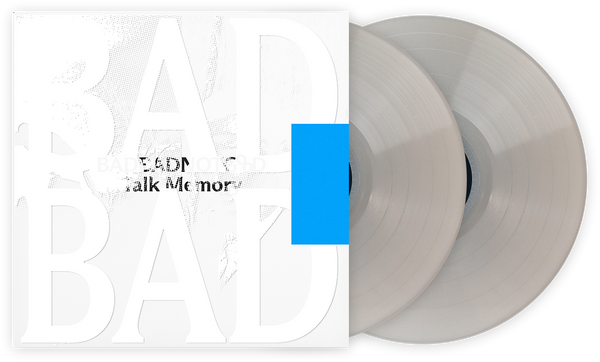Some people turn to ballads when they’re sad; Charly Bliss grab pop and hold tight.
“Pop music is always something that’s made me feel really powerful,” lead singer Eva Hendricks says. “Pop music is what I listen to when I’m with friends and feeling strong and connected to other people, and with some of the subject matter we have on this album, I needed to feel strong in order to tackle it.”
Young Enough, the band’s sophomore album, centers on a painful relationship in Hendricks’ past. Though the songs grapple with pain, the band employs bubbly pop so masterfully that the instrumentation often covers the lyrics’ sinister designs, like on their debut album Guppy.
“When we made Guppy, we were thinking a lot of the image of people driving around in their cars with the windows down and screaming along,” Hendricks says. For Young Enough, out this week, she wanted listeners to experience the album as both a bop and a balm: a dance-y exorcism, an explosion of pain into catharsis.
“I have so many moments in my life where I’d just gone through something really difficult — the loss of a friend, or whatever — then ended up somehow at a wedding or a family gathering and working through it in this giant cathartic release,” Hendricks says. “That’s kind of how I want people to experience the record.”
Where Guppy felt tight, immediate, Young Enough stretches out its legs — you can hear individual instrumentation more clearly: the band seems more comfortable to let each piece be heard. For this album, they were able to dedicate all their time in the studio rather than recording between odd jobs, which made for a more coherent experience. Plus, Hendricks adds, the success of Guppy “forced” her to take herself seriously as a songwriter where before she had faltered.
And the metamorphosis between albums is proof of her lyrical development. Guppy was a frustrated exculpation of the relationship; Young Enough approaches it with the perspective granted by time.
After all, there’s a narrative sold to young people — Hendricks cites shows like The O.C. — where it seems like, for love to be real, there must be suffering: the relationship must be tortured. The journey, then, to Young Enough was Hendricks’ dismissal of this narrative, and then her journey from pain over her former relationship to rage.
Through the rage, the album still serves as a reminder of personal strength. “You have this really particular record of yourself in a certain moment in time crystallized forever… [the album] allowed me to alchemize something that was really painful to me and turn it into something beautiful and something now that I’m able to let go of.”
“Young enough” could be read as an indictment, but here, it isn’t. Hendricks references the Parkland teens, calling their bravery “a beautiful symptom of being young, demanding of the world that it be more beautiful — be better — and trying to make the world better when it feels really dark and scary.” It’s a quality of mind, more than age; “Young Enough” encapsulates the record’s theme, which she calls “a desire to grow from pain and be malleable and to be able to look back with compassion” on both your past and present self.
On Young Enough’s first single, Hendricks sings “I’m at capacity / I’m spilling out of me.” I ask her if she feels that way, like she’s spilling out all over on this album.
“When it’s time to write again, I feel that feeling of, ‘Oh, I’m spilling out of me, I have all this stuff to get out and work through and to write,’” Hendricks says. “In order to know that you finished making a record, it should feel like you’ve totally emptied your brain.”
Caitlin Wolper is a writer whose work has appeared in Rolling Stone, Vulture, Slate, MTV News, Teen Vogue, and more. Her first poetry chapbook, Ordering Coffee in Tel Aviv, was published in October by Finishing Line Press. She shares her music and poetry thoughts (with a bevy of exclamation points, and mostly lowercase) at @CaitlinWolper.
Related Articles
Join the Club!
Join Now, Starting at $44Exclusive 15% Off for Teachers, Students, Military members, Healthcare professionals & First Responders - Get Verified!












